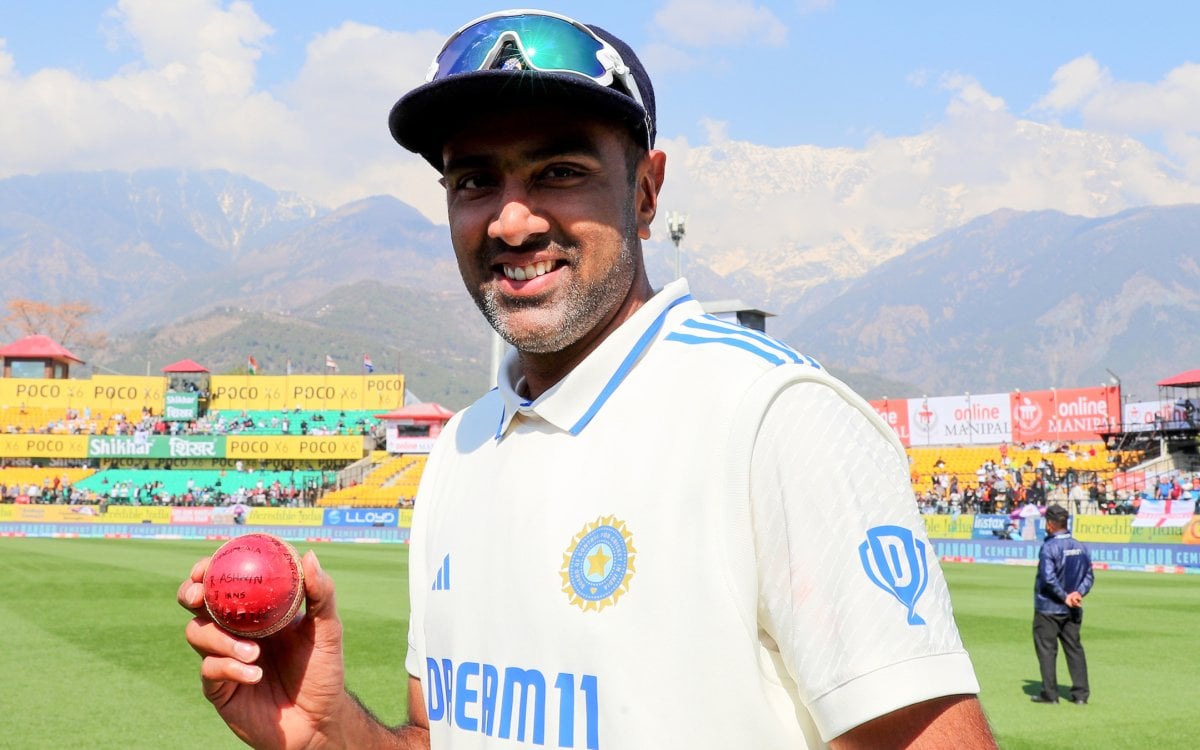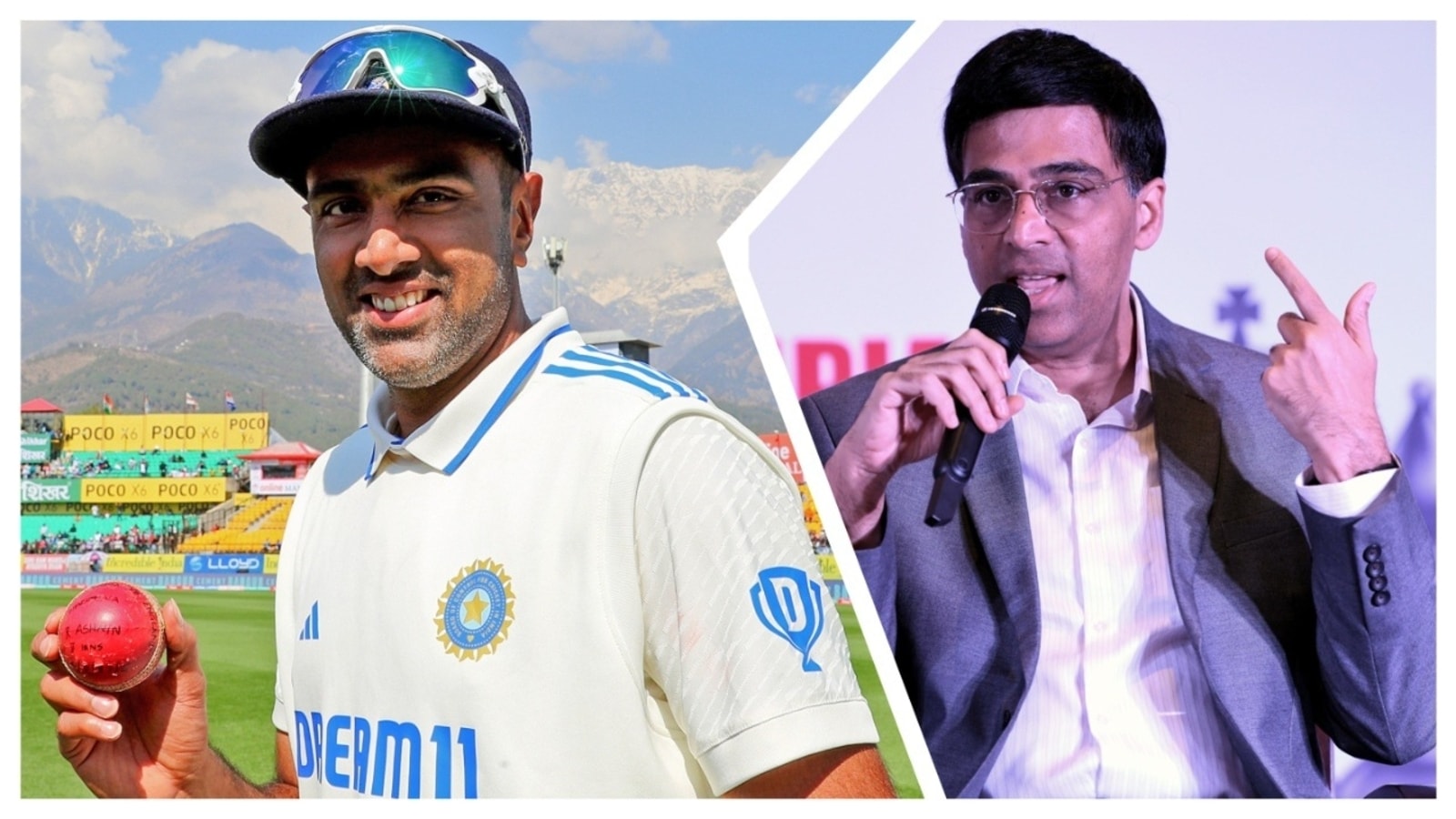Team USA cricket team making Americans take notice even in defeat

There are two moments on Wednesday afternoon when it appears that maybe, possibly, there is sort of a chance that the United States can beat India in cricket and pull off one of the greatest upsets in the sport’s history.
The first is early in India’s turn at bat. Virat Kohli, India’s version of Mickey Mantle and the most famous athlete you’ve never heard of, hits first and on just the second delivery, he astonishingly bats out. Saurabh Netravalker, the U.S. bowler, goes nuts. His teammates mob him like they just won the whole T20 Cricket World Cup, even though this is the group stage. It’s called a golden duck, because Kohli has accounted for zero runs — sort of like a golden sombrero in baseball. Then a few minutes later, the U.S. dismisses India’s captain, Rohit Sharma, after he scores just three runs.
India is batting second and needs to score just 111 runs to win. For context, a few days ago when India beat Pakistan here on Long Island, they scored 119 runs — the lowest total anyone has ever successfully defended in the T20 World Cup. So realistically, the U.S. lost this game before India came up to bat. But, hey, anything is possible.
This U.S. team, which nobody knew existed until it pulled off a shock win over Pakistan, is eminently likable because it is eminently American. Netravalker, for example, was born in Mumbai, moved to the U.S. in 2015 and now works for Oracle in San Francisco while playing for the national team on the side. Other players hail from Toronto, Karachi, Cape Town, Lahore, Ahmedabad, Delhi, Mumbai, Guyana, Christchurch and Trinidad.
Some were born here. But many chose to be American, and that is brilliantly American.
The crowd, which is almost entirely in India gear, starts chanting “U-S-A” after Sharma gets out, appreciating the fight the Americans are putting up and knowing that, for many of them — who are first- or second-generation immigrants — there is no real losing today. Unlike Sunday, when the tension in the air for India versus Pakistan was split only by guttural screams and cheers for much of the game, they’re relaxed.
Around the 11th over (a set of six balls, of which there are 20 for each team in a game), comes the second time that things are looking up for the U.S. They’ve held mighty India, the world’s best team, to just 53 runs, which isn’t an especially great pace. The win probability I’m following on my phone has been hovering between 7 percent and 10 percent for the United States since I pulled it up, but that number feels wrong. India isn’t that far off the pace — they should be fine — but they do need more than they’re getting. I was here a few days ago and watched India successfully defend the sort of numbers they’re trying to overcome now. This at least looks possible … right?
Nope.
India wins by seven wickets with 10 balls left to go by a final score of 111/3-110/8 — a score that appears much closer than it was, since they batted second and the game ended as soon as they reached the target.
Around their 15th over, they find some of the rhythm they’d been lacking and take advantage of a couple unforced errors from the U.S., which drops a pop-up and allows five penalty runs for time-wasting. Suryakumar Yadav, the batter who would have been out on the pop-up, ends up scoring 50 runs, nearly 20 more than any other player in the game. Suddenly, India needs just 22 runs from 22 balls.
“Easy,” someone sitting near me says, and on cue, India hits a six, which is like a home run. Then a four, the cricket equivalent of a ground-rule double. Then a two. This is over.
The U.S., in all likelihood, will still make it out of the group stage on account of having beaten Pakistan, but will need to beat Ireland on Friday in Florida to do it. That would put them into the Super 8 round — the quarterfinal — which, it feels worth noting, is as far as the U.S. Men’s National Team has gotten in the soccer World Cup since 1930.
Of course, that would not change the place of cricket in America the way we talk about a run at the men’s World Cup potentially doing for soccer every four years. The better parallel would be to the 1930 World Cup, when the U.S. got to the semifinal and it confirmed for most people that the sport existed.
Even so, and even with the loss on Wednesday, this is a team to be proud of.
Related
Cricket has tried to captivate Americans before. Will this time…
For Major League Cricket organizers, the timing couldn’t be better.On the heels of a T20 men’s cricket World Cup in which the American co-hosts scored a sig
How to Watch Major League Cricket 2024 Live Online
If you purchase an independently reviewed product or service through a link on our website, Variety may receive an affiliate commission. With the ICC Men
Cricketer R. Ashwin Thrilled On Owning Team, American Gambits, In…
The Global Chess League: India's top international off-spinner Ravichandran Ashwin was on Monday thrill
Ravichandran Ashwin buys team in Global Chess League: Viswanathan Anand…
Jul 08, 2024 07:28 PM IST Ravichandran Ashwin has become a co-owner of the American Gambits in the build-up to the 2024 edition of the Global Chess Lea













